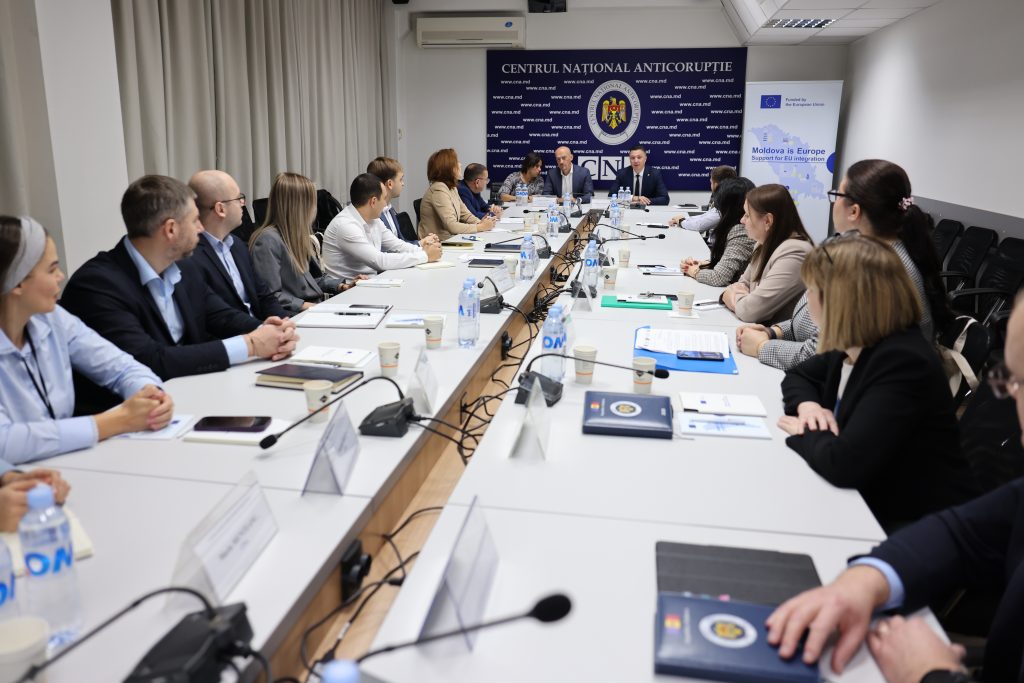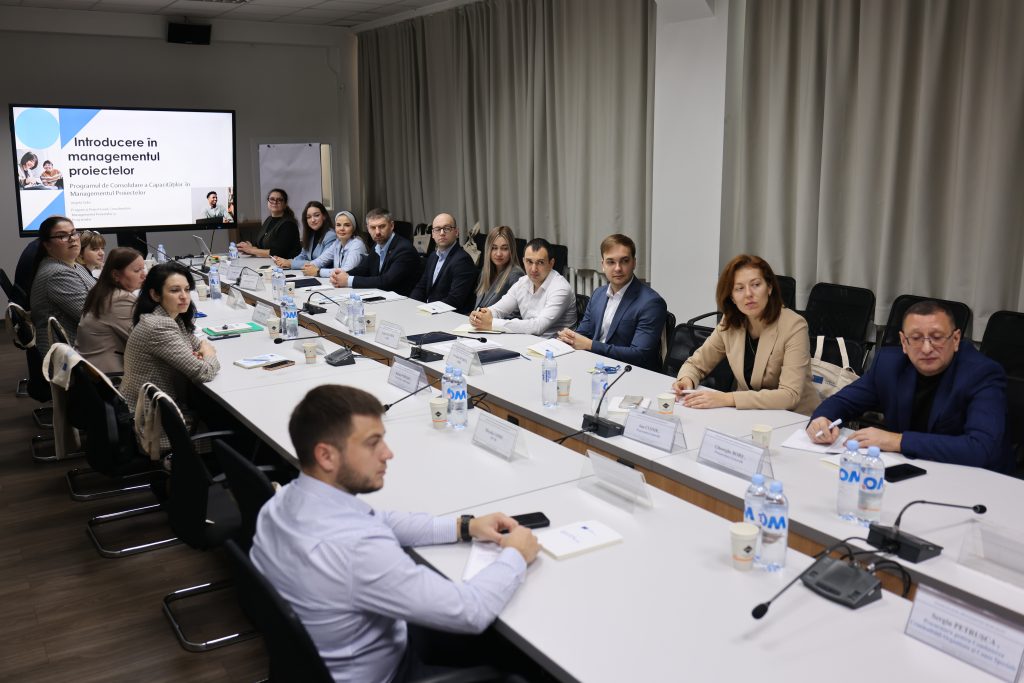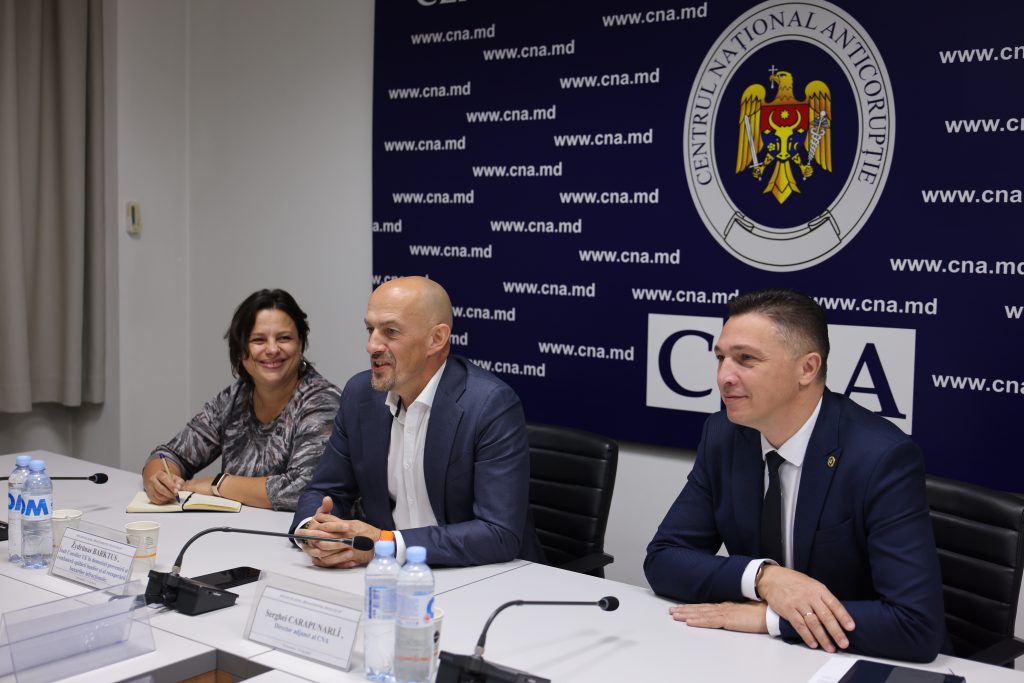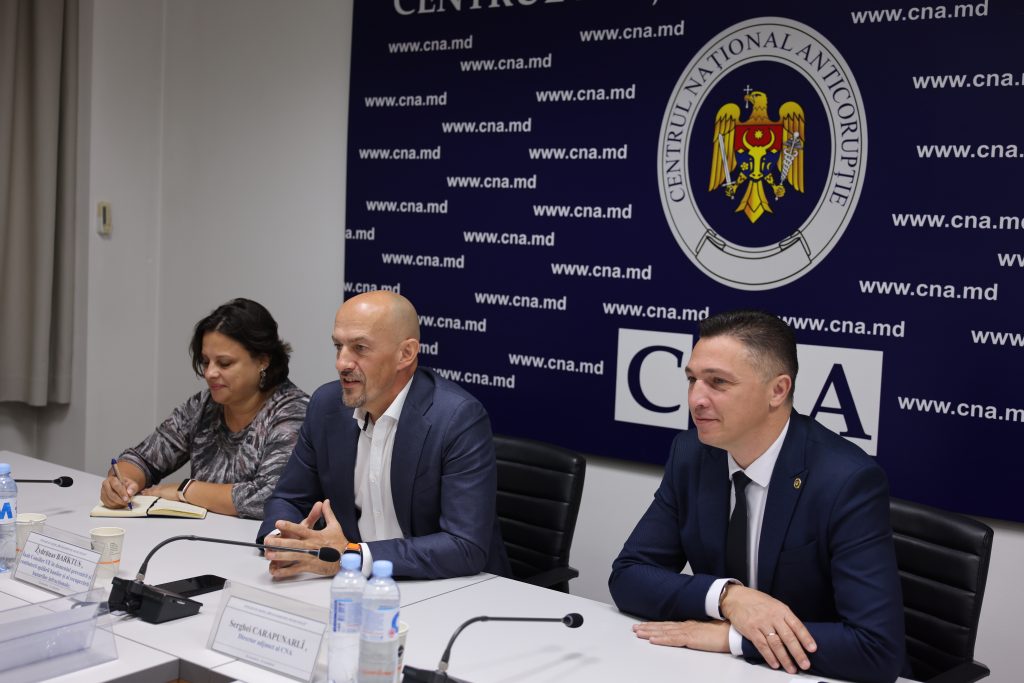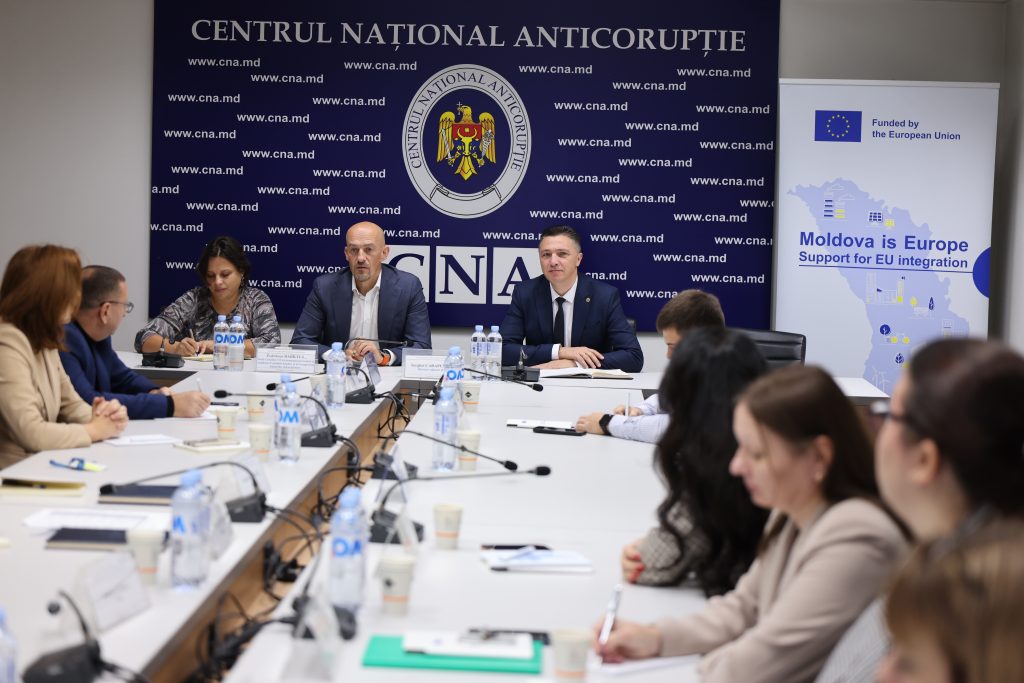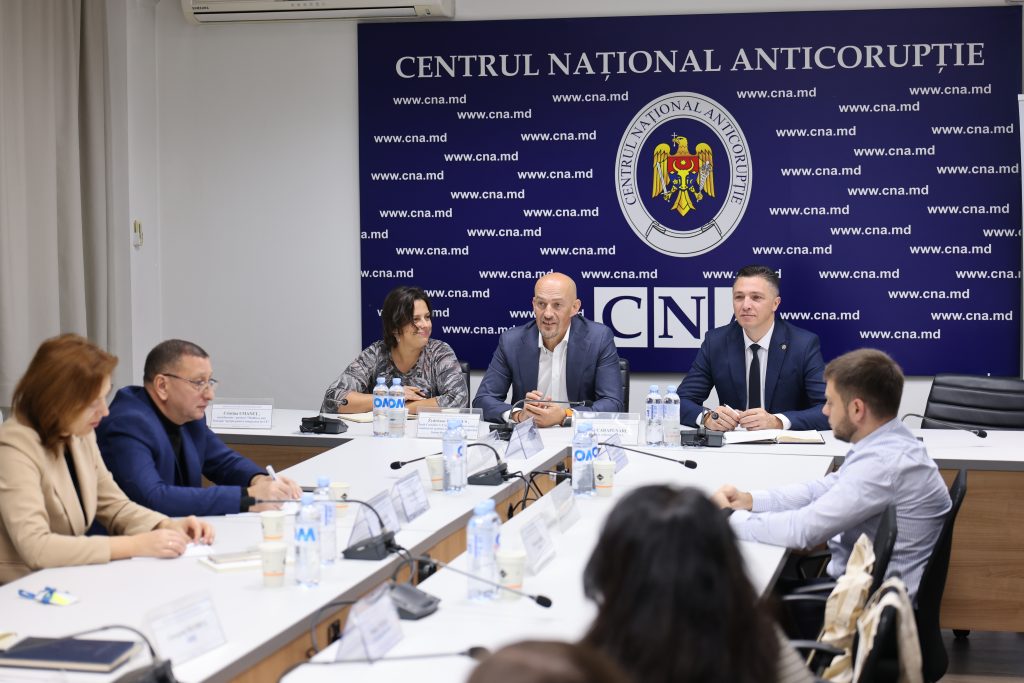Anticorruption specialists will enhance their knowledge of Project Management and External Funding Acquisition
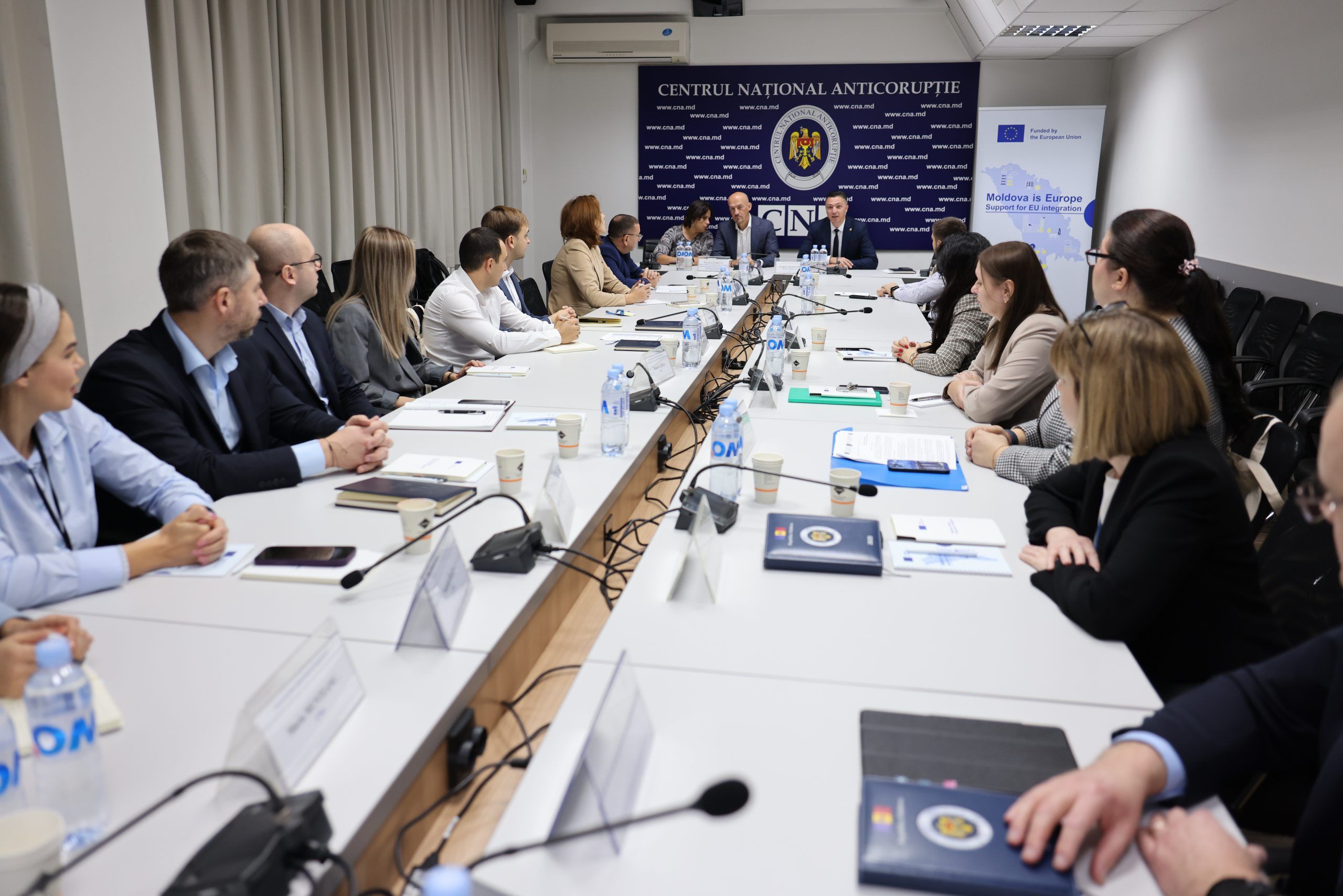
A four-week Project Management and External Funding Acquisition training for professionals from the National Anticorruption Center, the National Integrity Authority (NIA), the Financial Investigation Unit (FIU), the Anticorruption Prosecutor’s Office (APO) and the Prosecutor’s Office for Combating Organized Crime and Special Cases (PCCOCS) started recently, within the EU-funded project “Moldova is Europe – Support for EU Integration”.
Over 16 training days, participants will engage in interactive sessions covering project planning, execution, monitoring, risk management, budgeting, reporting, and stakeholder engagement.
The initiative aims to strengthen institutional capacities in project management and external funding acquisition, supporting Moldova’s Reform Agenda and the upcoming Moldova Growth Plan. By enhancing strategic planning, policy management, and the implementation of donor-funded projects, the training contributes to good governance, transparency, and sustainable economic development.
The opening session was attended by Serghei Carapunarli, Deputy Director of the NAC, and Žydrūnas Bartkus, EU High Level Adviser on Anti-Corruption, Anti-Money Laundering & Asset Recovery and Management. Both delivered welcome remarks, emphasizing the importance of the training and its main goal to strengthen the capacity of Moldova’s anti-corruption and justice institutions to design, implement, and monitor effective projects that deliver tangible reform results.
The training is delivered by Angela Sirbu, an experienced Project Manager and certified trainer, who brings extensive expertise in governance, public administration reform, and donor-funded project management.
Training highlights include project cycle and results-based management (RBM), donor-funded project planning and financial reporting, risk, stakeholder, and performance management and integrating anti-corruption and rule-of-law objectives.
A total of 25 participants are expected to complete the programme, improving their capacity to design logical frameworks, manage risks, prepare donor-compliant budgets, and monitor implementation through results-based indicators.
At the end of the training, participants will receive a comprehensive training package in Romanian, including slides, exercises, and tools aligned with EU and international best practices.
